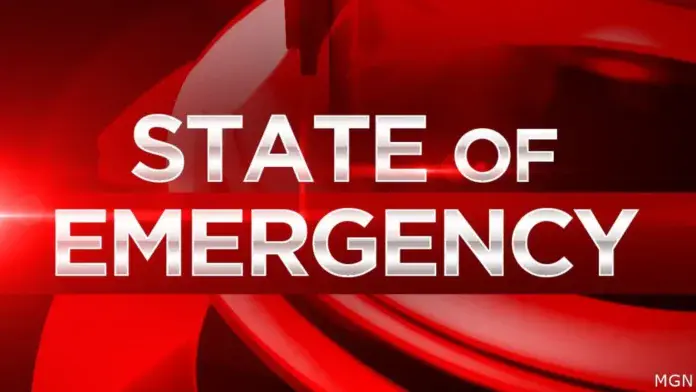Mining Other

IMANI Proposes Middle Ground on Galamsey Emergency Declaration

Ghana’s premier policy think tank Institute for Democratic Governance (IMANI) Africa has proposed a nuanced middle ground amid escalating calls for President John Dramani Mahama to declare a state of emergency over illegal mining activities, arguing that mounting pressure from civil society groups reflects legitimate environmental concerns while warning against blanket emergency powers.
The Accra-based research organization’s latest policy brief challenges both sides of the increasingly polarized debate, suggesting that narrowly tailored emergency measures combined with structural reforms could address the galamsey crisis more effectively than either sweeping emergency declarations or continued incremental approaches.
The Ghana Coalition Against Galamsey has intensified pressure on the president, citing over 7,000 excavators causing mass environmental destruction nationwide, while President Mahama has stated his reluctance to declare emergency powers, maintaining that existing legal frameworks provide sufficient authority to combat the crisis.
IMANI’s intervention comes as various stakeholders present conflicting perspectives on emergency action. Environmental advocates argue that illegal mining now meets constitutional thresholds for extraordinary measures, while government officials express concerns about potential overreach and rights violations.
The think tank’s analysis identifies critical flaws in both approaches currently dominating public discourse. According to the organization, sweeping emergency declarations risk infringing civil liberties and centralizing executive power while potentially delivering only temporary enforcement victories unless paired with comprehensive institutional reforms.
Conversely, IMANI warns that incremental measures have repeatedly proven inadequate against what they describe as entrenched criminal syndicates operating with local complicity across mining communities.
The proposed “pragmatic pathway” would utilize geographically limited emergency powers to secure identified galamsey hotspots for predetermined periods while simultaneously fast-tracking regulatory reforms. This approach would enable authorities to revoke corrupt or non-compliant mining licenses, strengthen oversight mechanisms, and pass clarifying legislative instruments.
Such targeted emergency deployment would create operational breathing room for conducting forensic audits of suspect licenses while avoiding prolonged militarization of affected regions. The framework emphasizes transparent performance indicators, civilian judicial oversight of prosecutions, and detailed transition plans incorporating environmental restoration and community compensation.
IMANI specifically advocates pairing any emergency measures with viable alternative livelihood programs for affected communities, recognizing that sustainable solutions must address underlying economic drivers of illegal mining participation.
The organization’s brief notes that recent presidential measures regarding equipment permits and rehabilitation efforts have established necessary legal foundations, but argues that temporary emergency powers could provide enforcement leverage needed to operationalize these initiatives effectively.
This measured approach aims to balance urgent environmental protection needs with constitutional safeguards and long-term institutional capacity building. IMANI emphasizes that emergency powers should include predetermined sunset clauses and measurable benchmarks for transitioning back to normal governance structures.
The debate reflects broader tensions between environmental urgency and democratic governance principles as Ghana grapples with widespread river pollution, agricultural land degradation, and community displacement linked to illegal mining operations.
Constitutional experts have argued that galamsey already meets emergency declaration criteria given threats to public safety and national integrity, while government communications officials indicate the president remains open to emergency action if implemented at the appropriate time.
Opposition voices, including former administration officials, have questioned whether emergency declarations would effectively address underlying institutional weaknesses that enabled the crisis to escalate over successive governments.
The galamsey emergency debate occurs amid broader scrutiny of Ghana’s mining sector governance and environmental protection enforcement capacity. IMANI’s proposal attempts to bridge this divide by advocating time-bound extraordinary measures coupled with permanent institutional strengthening.
Critical questions surrounding river restoration, soil rehabilitation, and economic alternatives for displaced communities remain central to any comprehensive response strategy, regardless of emergency declaration decisions.
The think tank’s intervention adds analytical depth to discussions that have often polarized between immediate action advocates and institutional process defenders, offering a framework that acknowledges both environmental urgency and governance sustainability concerns.
As pressure continues mounting on the Mahama administration, IMANI’s pragmatic pathway presents policymakers with a structured alternative that could satisfy calls for decisive action while addressing legitimate constitutional and rights concerns about emergency power deployment.












